Dhaka, Apr 14 (V7N) — Celebrated filmmaker and Cultural Advisor Mustafa Sarwar Farooqui has emphasized that Pahela Boishakh is a powerful symbol of cultural integration and unity in Bangladesh. Speaking at the New Year's Eve procession on Dhaka University campus, Farooqui described the Bengali New Year as a festival that transcends ethnic boundaries.
“This is not just a celebration for Bengalis,” he said, “but for all ethnic communities of Bangladesh—Chakma, Marma, Garo, and others. This year, we are embracing this festival as a truly national celebration.”
When asked about the political undertones of this year's ‘Barshavaran Shobhajatra’, Farooqui clarified, “This procession is not political. Although certain groups may have tried to politicize it in the past, this time the representation of a ‘fascist face’ in the motif is a stand against the concept of fascism itself—which is not tied to any local political ideology but is a global symbol of oppression.”
He explained that fascism, being a "foreign term", is not aligned with any specific Bangladeshi political identity, and the motif is a universal artistic protest against injustice. “This is a platform for the public’s unity, not narrow political partisanship.”
Farooqui also offered insight into the evolution of the procession’s name. “It started as ‘Barshavaran Shobhajatra’ in Jessore, became ‘Ananda Shobhajatra’ in Dhaka, and was later renamed ‘Mangal Shobhajatra’. Now, the Faculty of Fine Arts has chosen to return to its original roots by using ‘Barshavaran Shobhajatra’ again.”
The advisor’s remarks echoed the broader sentiment of the day: that Pahela Boishakh is not only a festival of joy and renewal, but also a reminder of shared heritage, resistance to injustice, and the unity of diverse cultures across Bangladesh.
END/MSS/AJ



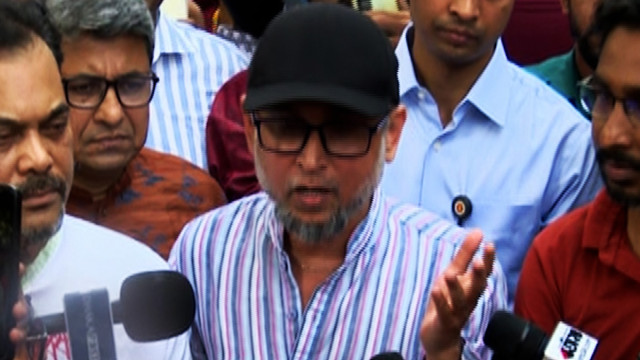


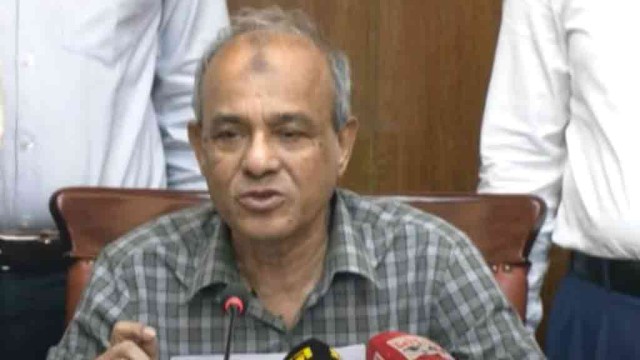

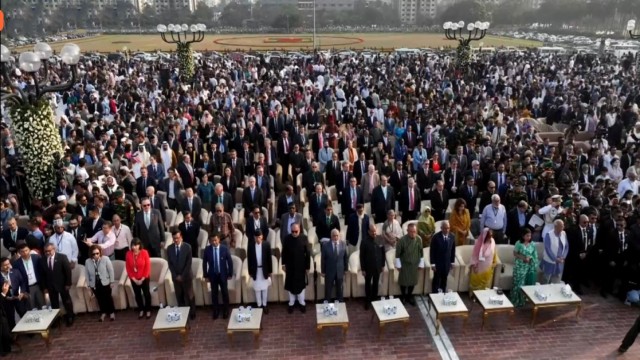


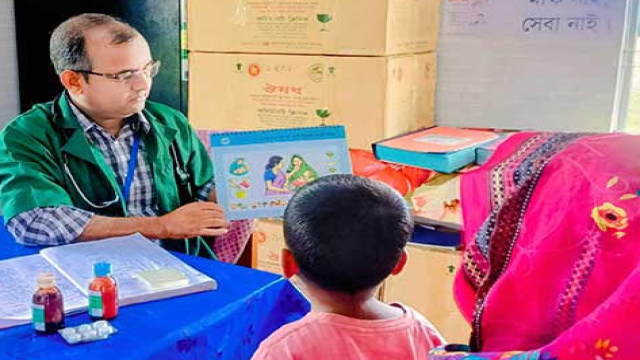



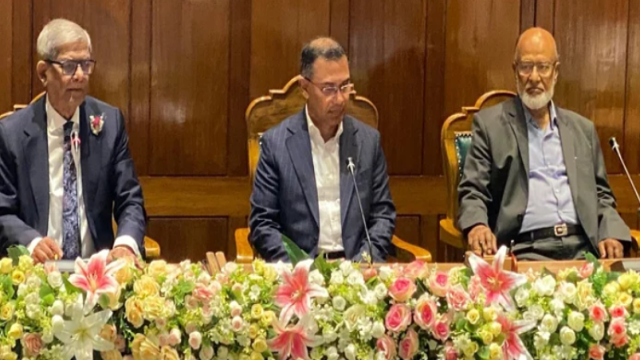
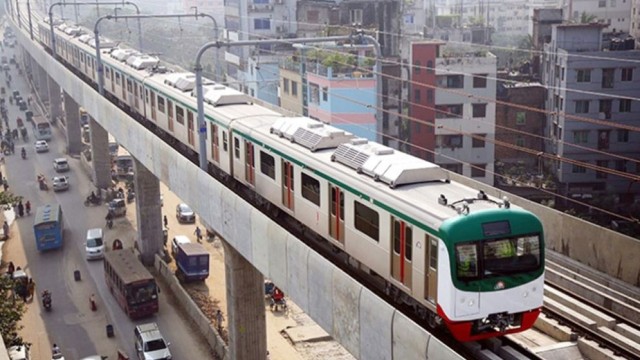











Comment: